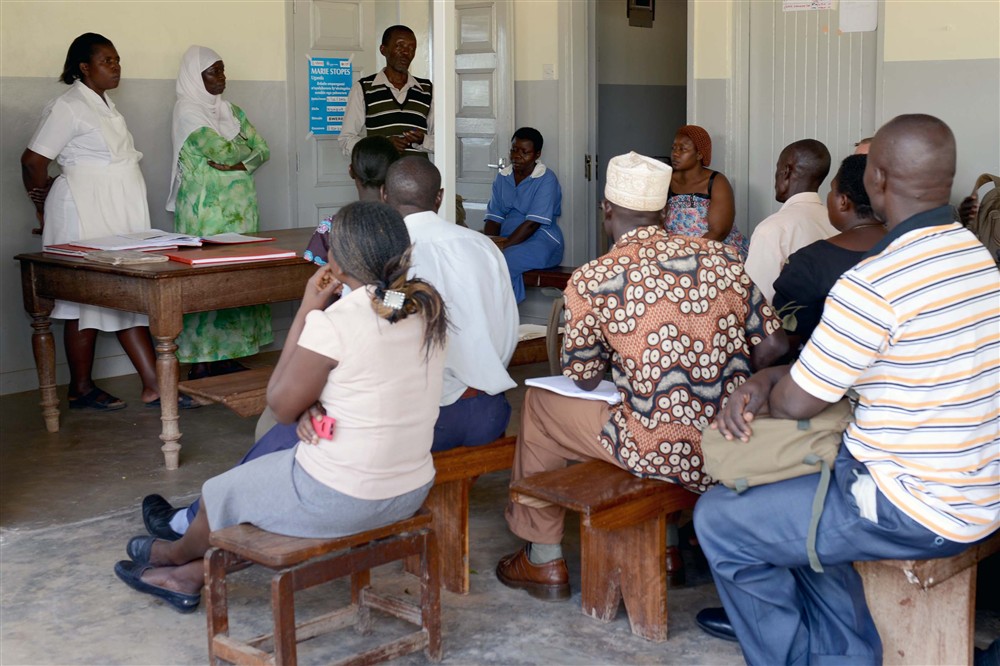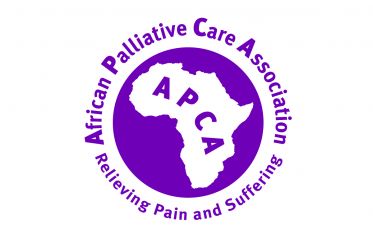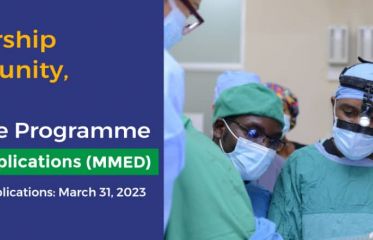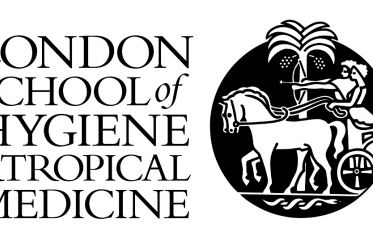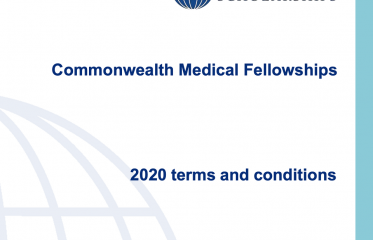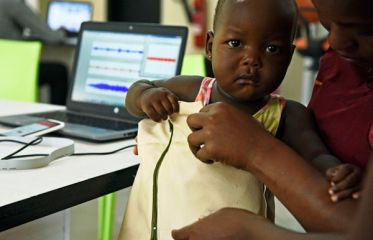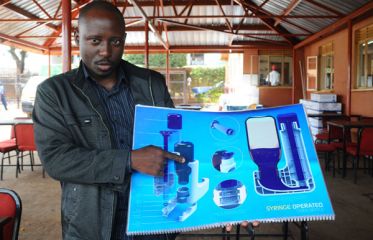Breaking News
- Flexible Remote Work Opportunity for University Students: Earn $100–$250 Per Month ...Read More
- Ministry of Education and Sports Azerbaijan Government Scholarships For 2025-2026 Academic Year ...Read More
- Government Sponsorship Undergraduate Admission Lists 2025-26 for Makerere University ...Read More
- Ministry of Education And Sports: Egyptian Government Scholarships 2025-2026 Academic Year ...Read More
- Ground Breaker Full Scholarship for girls to study Software Engineering 2025 July Intake ...Read More
- Tony Elumelu Foundation Entrepreneurship Programme (TEEP) 2025 for young African Entrepreneurs ...Read More
- DESIGNING FUTURES 2050 International Design Competition 2025 (€15,000 prize) ...Read More
- Ground Breaker Full time Scholarship for girls to study Software Engineering 2025 Intake ...Read More
- Ministry of Education And Sports Algerian Vocational Training Scholarships for 2024-2025 AY ...Read More
- Ministry of Education and Sports Advert for the Algerian Government Scholarships for 2024-2025 ...Read More
Health Care Social Worker
Provide individuals, families, and groups with the psycho-social support needed to cope with chronic, acute, or terminal illnesses. Services include advising family care givers, providing patient education and counseling, and making referrals for other services. May also provide care and case management or interventions designed to promote health, prevent disease, and address barriers to access to healthcare.
Add to FavouritesDaily Tasks
1. Collaborate with other professionals to evaluate patients' medical or physical condition and to assess client needs.
2. Advocate for clients or patients to resolve crises.
3. Refer patient, client, or family to community resources to assist in recovery from mental or physical illness and to provide access to services such as financial assistance, legal aid, housing, job placement or education.
4. Investigate child abuse or neglect cases and take authorized protective action when necessary.
5. Counsel clients and patients in individual and group sessions to help them overcome dependencies, recover from illness, and adjust to life.
6. Plan discharge from care facility to home or other care facility.
7. Monitor, evaluate, and record client progress according to measurable goals described in treatment and care plan.
8. Modify treatment plans to comply with changes in clients' status.
9. Identify environmental impediments to client or patient progress through interviews and review of patient records.
10. Organize support groups or counsel family members to assist them in understanding, dealing with, and supporting the client or patient.
11. Utilize consultation data and social work experience to plan and coordinate client or patient care and rehabilitation, following through to ensure service efficacy.
12. Plan and conduct programs to combat social problems, prevent substance abuse, or improve community health and counseling services.
13. Supervise and direct other workers providing services to clients or patients.
14. Oversee Medicaid- and Medicare-related paperwork and recordkeeping in hospitals.
15. Develop or advise on social policy and assist in community development.
16. Conduct social research to advance knowledge in the social work field.
Key Knowledge Areas
Therapy and Counseling — Knowledge of principles, methods, and procedures for diagnosis, treatment, and rehabilitation of physical and mental dysfunctions, and for career counseling and guidance.
Psychology — Knowledge of human behavior and performance; individual differences in ability, personality, and interests; learning and motivation; psychological research methods; and the assessment and treatment of behavioral and affective disorders.
English Language — Knowledge of the structure and content of the English language including the meaning and spelling of words, rules of composition, and grammar.
Customer and Personal Service — Knowledge of principles and processes for providing customer and personal services. This includes customer needs assessment, meeting quality standards for services, and evaluation of customer satisfaction.
Sociology and Anthropology — Knowledge of group behavior and dynamics, societal trends and influences, human migrations, ethnicity, cultures and their history and origins.
Education and Training — Knowledge of principles and methods for curriculum and training design, teaching and instruction for individuals and groups, and the measurement of training effects.
Medicine and Dentistry — Knowledge of the information and techniques needed to diagnose and treat human injuries, diseases, and deformities. This includes symptoms, treatment alternatives, drug properties and interactions, and preventive health-care measures.
Clerical — Knowledge of administrative and clerical procedures and systems such as word processing, managing files and records, stenography and transcription, designing forms, and other office procedures and terminology.
Law and Government — Knowledge of laws, legal codes, court procedures, precedents, government regulations, executive orders, agency rules, and the democratic political process.
Philosophy and Theology — Knowledge of different philosophical systems and religions. This includes their basic principles, values, ethics, ways of thinking, customs, practices, and their impact on human culture.
Key Skills
Active Listening — Giving full attention to what other people are saying, taking time to understand the points being made, asking questions as appropriate, and not interrupting at inappropriate times.
Social Perceptiveness — Being aware of others' reactions and understanding why they react as they do.
Speaking — Talking to others to convey information effectively.
Critical Thinking — Using logic and reasoning to identify the strengths and weaknesses of alternative solutions, conclusions or approaches to problems.
Coordination — Adjusting actions in relation to others' actions.
Reading Comprehension — Understanding written sentences and paragraphs in work related documents.
Service Orientation — Actively looking for ways to help people.
Writing — Communicating effectively in writing as appropriate for the needs of the audience.
Complex Problem Solving — Identifying complex problems and reviewing related information to develop and evaluate options and implement solutions.
Judgment and Decision Making — Considering the relative costs and benefits of potential actions to choose the most appropriate one.
Active Learning — Understanding the implications of new information for both current and future problem-solving and decision-making.
Instructing — Teaching others how to do something.
Learning Strategies — Selecting and using training/instructional methods and procedures appropriate for the situation when learning or teaching new things.
Monitoring — Monitoring/Assessing performance of yourself, other individuals, or organizations to make improvements or take corrective action.
Negotiation — Bringing others together and trying to reconcile differences.
Persuasion — Persuading others to change their minds or behavior.
Systems Evaluation — Identifying measures or indicators of system performance and the actions needed to improve or correct performance, relative to the goals of the system.
Time Management — Managing one's own time and the time of others.
Management of Personnel Resources — Motivating, developing, and directing people as they work, identifying the best people for the job.
Operations Analysis — Analyzing needs and product requirements to create a design.


























